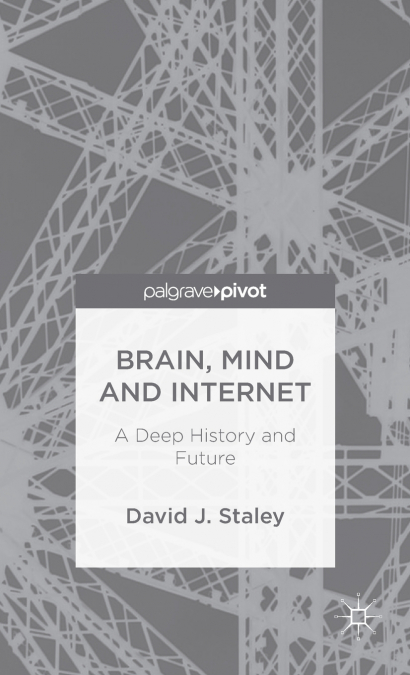
David J. Staley
The ’architecture of the mind’ consists of both the biological brain coupled with the technologies that we have developed to extend our cognition. From the moment that we started storing our thoughts in permanent symbolic form outside of our bodies via Venus figures, body paint markings and cave paintings, humans have ’offloaded’ cognition onto symbols outside of the brain. These external, materialized symbols have allowed us to extend our cognitive abilities beyond the limits of our biological brains. Far from ’making us stupid’, the Internet represents merely the next great extension of this ’external symbolic storage system’. For all the dramatic and disruptive change that the Internet surely represents, placing it in this long term historical context renders this change more familiar, perhaps even less jarring. Understanding that there has been a deep history of intimacy between humans and their cognitive tools provides a framework for thinking about the possible futures of the brain-Internet interface: the future of the architecture of the mind.